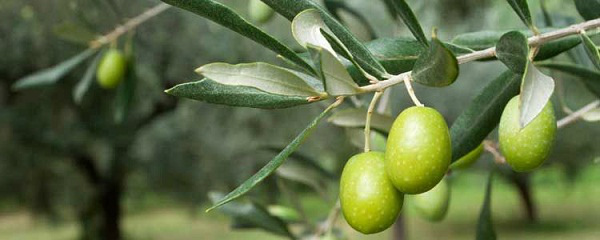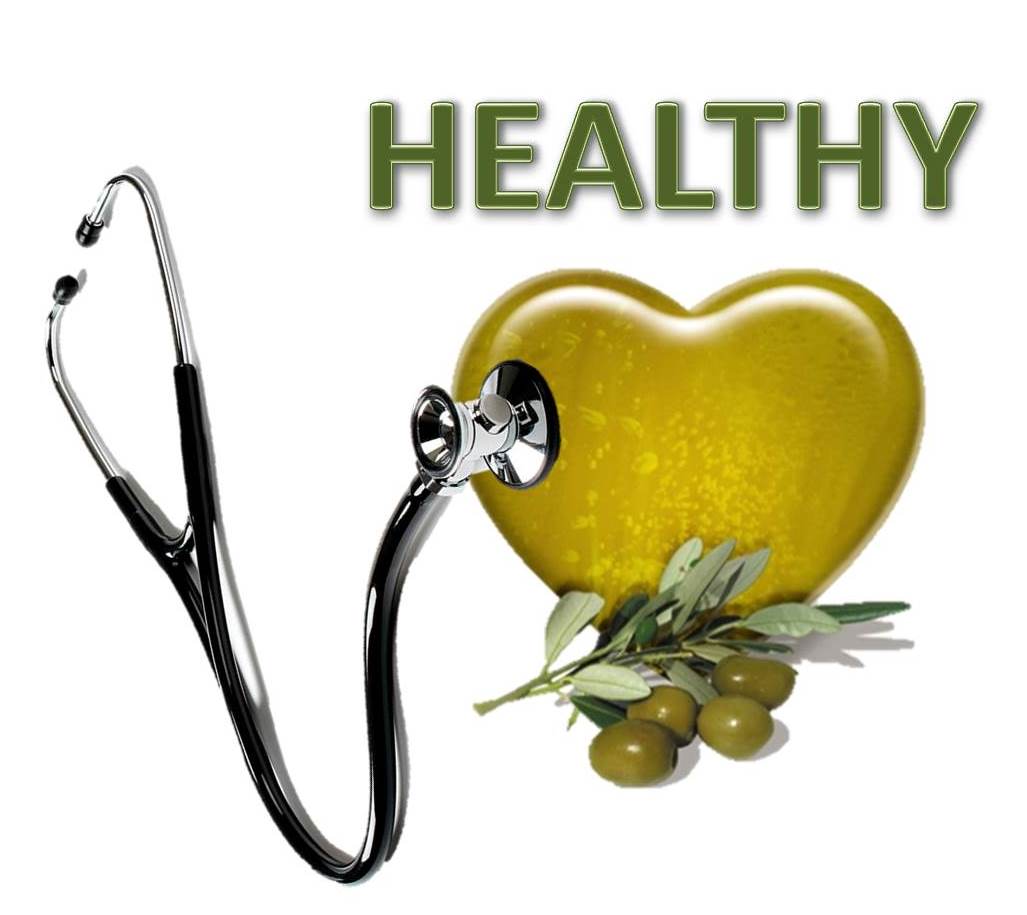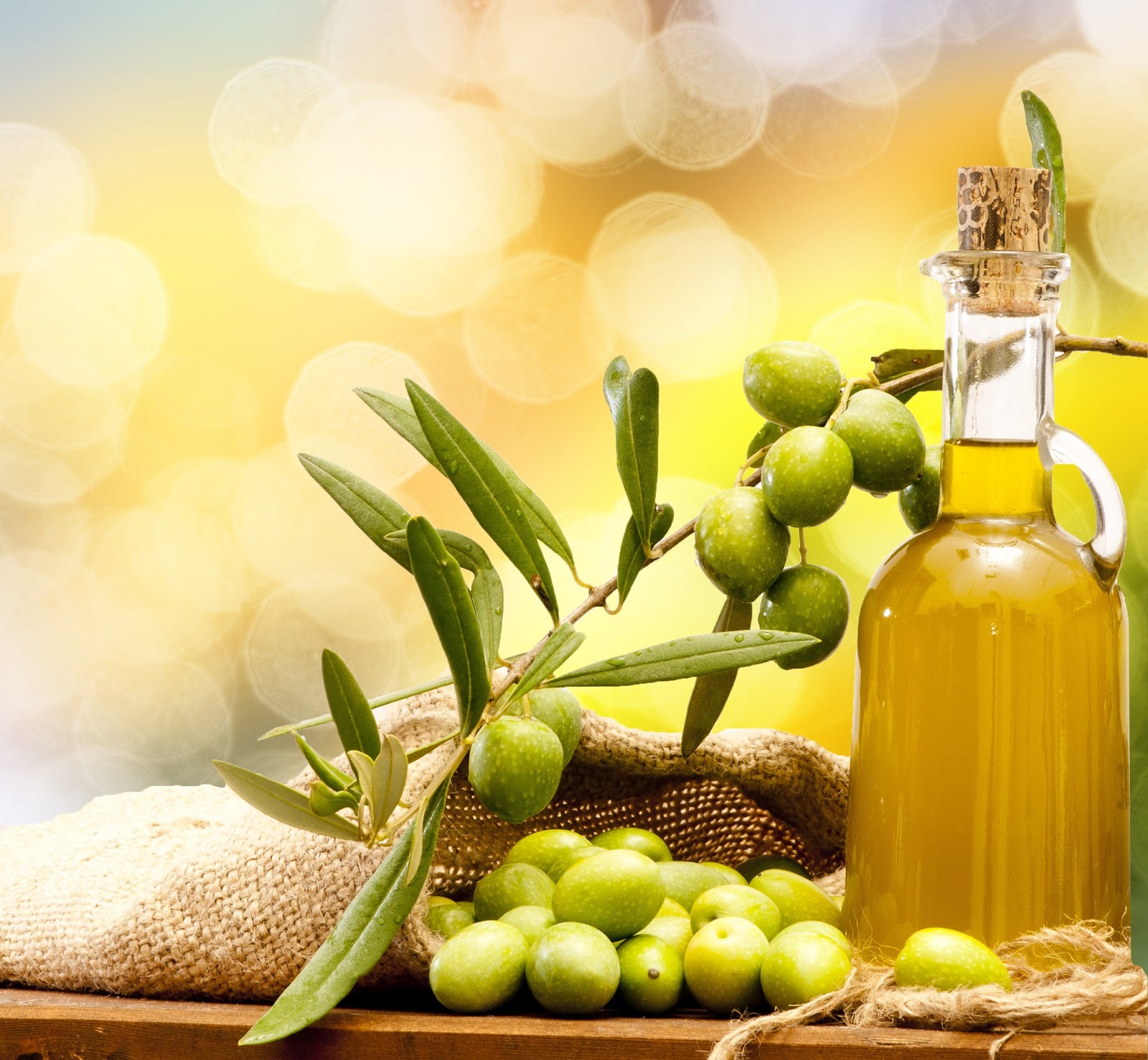Cardiovascular diseases (CVDs) are a major health concern worldwide, representing the leading cause of death globally. These illnesses encompass a range of conditions affecting the heart and blood vessels, with coronary heart disease, rheumatic heart disease, and cerebrovascular disease being the most prevalent. The New York State Department of Health recently reported that approximately 695,000 Americans die annually from heart disease, accounting for one in five deaths in the country. Globally, the World Health Organization estimates that cardiovascular diseases account for 32 percent of all deaths. While these diseases can be triggered by various factors such as genetics, pollution, and lifestyle habits, there is a growing body of research suggesting that the daily consumption of extra virgin olive oil (EVOO), the highest quality olive oil category, can significantly reduce the risk of developing cardiovascular diseases.

The Evidence Behind Olive Oil’s Impact
A notable large-scale trial conducted in Spain during the 2010s demonstrated that adherence to the Mediterranean diet, which includes the daily consumption of olive oil, significantly reduces cardiovascular events in at-risk patients compared to a generic low-fat diet. This trial, known as the PREDIMED (PREvención con DIeta MEDiterránea) study, was published in the New England Journal of Medicine and has laid the groundwork for further research on the benefits of olive oil worldwide.
Another important study, the Seven Countries Study conducted since the 1950s across the U.S., Finland, Netherlands, Italy, Greece, Yugoslavia, and Japan, confirmed the critical role of olive oil and the Mediterranean diet in reducing cardiovascular diseases. This extensive epidemiological study, which involved 12,000 middle-aged men, revealed that the daily consumption of unsaturated fats, such as olive oil, significantly lowers heart disease risks.
These studies underscore the significant impact of dietary behaviour on cholesterol levels and other conditions related to the development of cardiovascular diseases. As a result, hundreds of scientific publications have explored the unique role of olive oil in human health over recent decades. The beneficial effects of olive oil are attributed mainly to its high content of monounsaturated fats and the polyphenols found in extra virgin olive oil. These components are believed to further enhance the health benefits associated with olive oil consumption.

The Role of Monounsaturated Fatty Acids (MUFAs)
Oleic acid, a monounsaturated fatty acid (MUFA), is a critical component of olive oil and is credited with many of the significant health benefits associated with its consumption. Extra virgin olive oil consists of 60 to 83 percent MUFAs. According to Bruno Tuttolomondo, a professor of internal medicine at the University of Palermo, MUFAs play a crucial role in preventing cardiovascular diseases. This is largely because MUFAs influence cholesterol and LDL levels, reduce LDL oxidation, and affect the composition of atherosclerotic plaques, thereby exerting a cardioprotective effect.
LDL, or low-density lipoprotein, is a type of cholesterol that can accumulate in the bloodstream and form plaques in the arteries, leading to atherosclerosis. The high percentage of MUFAs in extra virgin olive oil helps qualify it as one of the "good fats."
Polyphenols: Critical to CVD Risk Reduction
Polyphenols are a diverse group of substances found in many foods, and extra virgin olive oil contains dozens of these valuable compounds. Polyphenols have high bioavailability, meaning that once consumed, they can reach various parts of the body to exert their effects, which include potent antioxidant and anti-inflammatory properties. One of the most researched polyphenols for cholesterol and cardiovascular disease is oleuropein. Research indicates that oleuropein helps stabilise lipid plaques, reduce LDL oxidation, and modulate the impact of diabetes on vascular and cardiovascular health.

EVOO and Diabetes Prevention
According to the World Health Organization, 422 million people globally have diabetes. Research has shown that extra virgin olive oil and adherence to the Mediterranean diet can significantly reduce the risk of developing diabetes. Diabetes is closely linked to cardiovascular diseases because excessive sugar in the blood can damage the blood vessels that supply the heart, significantly increasing the risk of heart disease.
In prior studies, the impact of extra virgin olive oil on diabetes was often evaluated indirectly through adherence to the Mediterranean diet. However, recent research has provided stronger evidence that extra virgin olive oil and its phenols, such as oleuropein, increase insulin sensitivity and help regulate glycaemic levels. Regular and long-term consumption of extra virgin olive oil has proven effective in reducing the prevalence of diabetes.
Olive Oil: The Healthier, Tastier Fat Choice
One of the unique qualities of extra virgin olive oil is its flavour. In addition to its health benefits, EVOO offers an exquisite taste that enhances the overall sensory experience of food. While other fats, such as polyunsaturated fats like Omega-3 and Omega-6, also benefit human health, none compare to extra virgin olive oil in daily use. For those who follow the Mediterranean diet, extra virgin olive oil is the centrepiece of almost every meal.
Healthy fats from sources like pumpkin seeds, flaxseed oil, and avocado oil also have beneficial profiles, but they do not offer the same organoleptic properties as extra virgin olive oil. For instance, flaxseed oil lacks flavour, making it less appealing, while the polyphenolic content of avocado oil is not as well-studied.

Recommended EVOO Consumption
To reap the health benefits, extra virgin olive oil should be consumed daily. Not all extra virgin olive oils are the same, as the amount and type of phenols vary depending on factors like cultivar, cultivation area, processing methods, and temperature. High-quality extra virgin olive oils should contain no less than 250 to 350 milligrams of polyphenols per kilogram to have a significant effect. Higher levels of polyphenols correspond to greater cardioprotective effects.
While excessive olive oil consumption can lead to increased caloric intake, researchers recommend consuming about 20 grams of extra virgin olive oil daily, roughly equivalent to one to one and a half tablespoons. Some intervention studies have evaluated up to four tablespoons per day for cardiovascular effects. Nevertheless, considering weight regulation and overall caloric intake, a moderate consumption of extra virgin olive oil aligns well with the Mediterranean diet's recommendations.
Understanding the positive effects of extra virgin olive oil on cardiovascular diseases offers promising insights for healthier dietary choices. With substantial evidence supporting its role in reducing the risk of cardiovascular diseases and diabetes, incorporating extra virgin olive oil into one's daily diet is both a delicious and beneficial decision. Whether used in cooking, dressing salads, or as a simple bread dip, extra virgin olive oil stands out as a small miracle that combines health and taste, making it an irresistible component of a heart-healthy lifestyle.